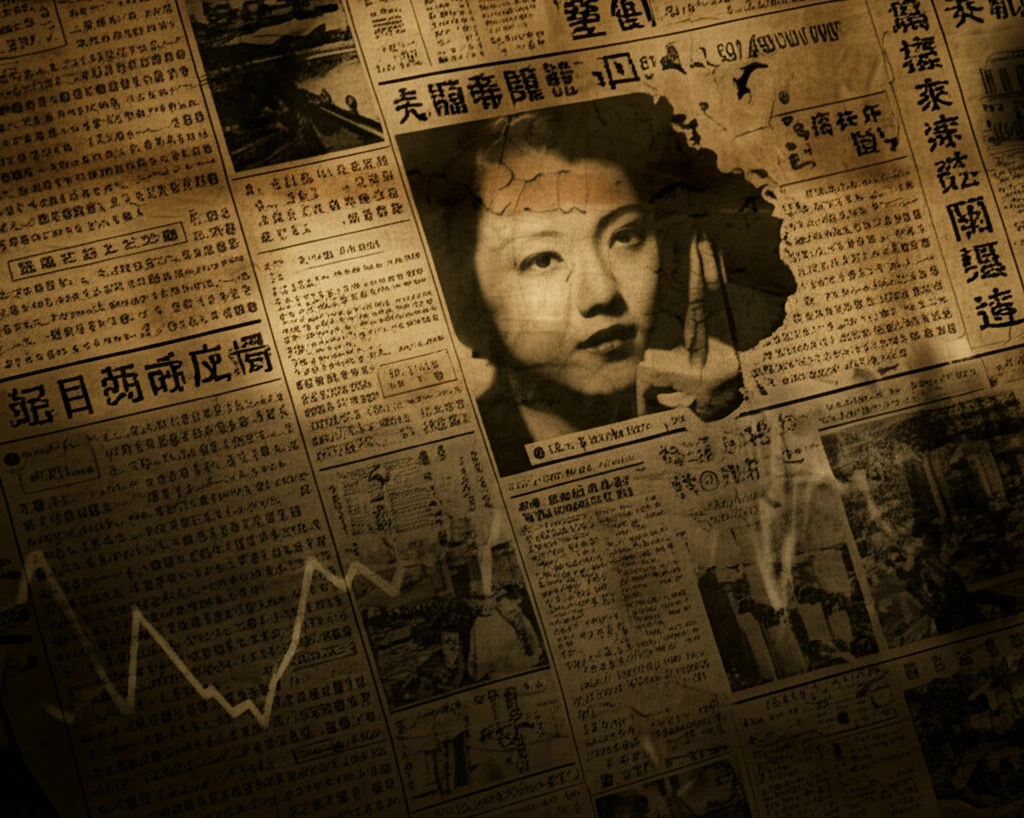
Decoding Market Mysteries: How Historical Events Shape Stock Prices
"Uncover the hidden connections between global turning points and the fluctuations of the Japanese stock market from 1924 to 1943."
The stock market, often seen as a barometer of economic health, is influenced by a complex web of factors. While financial metrics and company performance play a significant role, broader historical events can exert a profound influence on investor sentiment and market dynamics. Understanding these connections is crucial for anyone seeking to navigate the often-turbulent waters of the stock market.
One way to think about the market is through the lens of the Adaptive Market Hypothesis (AMH). Proposed as an alternative to the traditional Efficient Market Hypothesis (EMH), the AMH suggests that market efficiency isn't constant. Instead, it evolves over time, adapting to changing conditions like economic booms, busts, and even major geopolitical shifts.
Now, a new study dives deep into this interplay of history and finance, examining the Japanese stock market during the tumultuous period of 1924 to 1943. By analyzing a newly constructed stock index and employing advanced statistical techniques, the research sheds light on how key historical events shaped market efficiency and investor behavior in prewar and wartime Japan.
The Prewar and Wartime Japanese Stock Market: A Unique Landscape

The Japanese stock market of the early 20th century was structured quite differently from modern markets. Understanding these unique characteristics is crucial for interpreting its response to historical events. Some key differences included:
- Part-Paid Stock System: Investors paid for shares in installments, rather than in full, affecting how capital was raised and managed.
- Focus on Futures Trading: A significant portion of trading activity centered on futures contracts, especially short-term clearing futures, rather than spot transactions.
- Institutional Differences: Capital increases were primarily through rights offers to shareholders at par value. These existing shareholders had to add the difference between the market value and par value as profit or loss to their investment results.
History and Finance Intertwined
This study highlights the significant relationship between historical events and stock market efficiency. By analyzing the Japanese stock market from 1924 to 1943, the research demonstrates how economic shocks, policy shifts, and even war can shape investor behavior and market dynamics. These insights offer important lessons for understanding market behavior in our modern, interconnected world.
